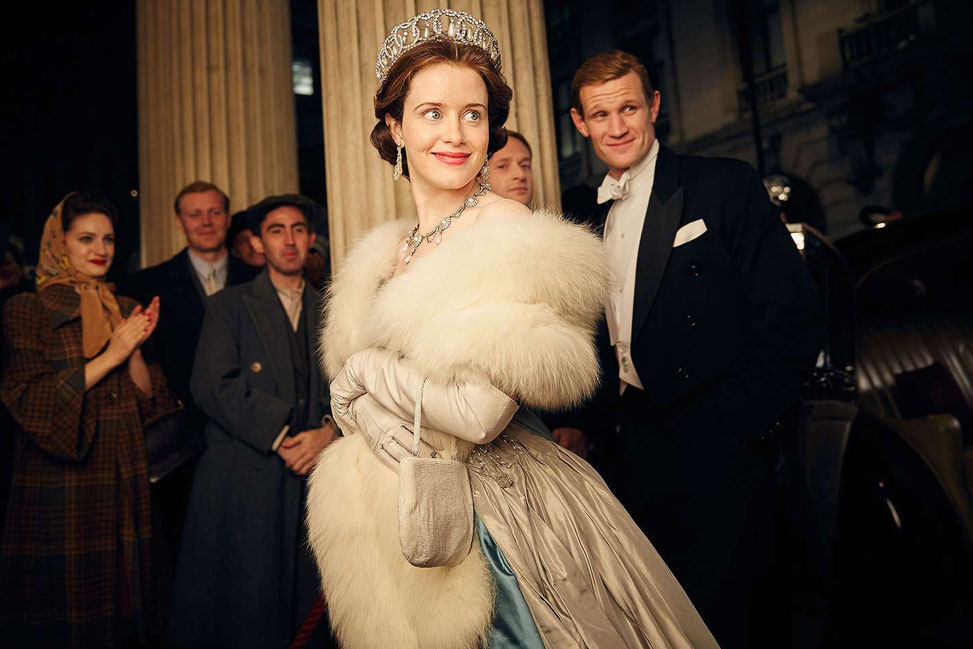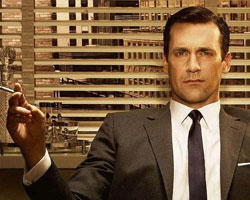
November 1, 2024 – How did we get here? How did this revolution in streaming happen?
2000 – In the era of DVDs, Netflix co-founder Reed Hastings theorizes that people will someday watch movies and shows over the Internet. With Netflix somewhat floundering, he flies to Dallas and pitches an idea to Blockbuster executives. Blockbuster can buy Netflix, who in turn will become the online, streaming part of Blockbuster. Blockbuster declines.
2006 – Amazon launches an online streaming service called Amazon Unbox in the U.S. In time, the name becomes Amazon Prime Video.
2007 – Netflix manages to survive financial difficulties and Blockbuster’s rejection, and introduces its own streaming services.
2008 – A group of Hollywood executives from different companies — foreseeing the popularity of streaming — pool together to start Hulu.
2013 – By 2013, Hulu, Amazon Prime, and Netflix have debuted their own original programming. Over the ensuing years, their streamed shows such as The Crown, The Handmaid’s Tale, and The Marvelous Mrs. Maisel will win many awards, including Emmys.
Everything started with the major TV networks: CBS, ABC, NBC, and later FOX. Then came the cable networks like AMC and HBO. They started making lots of money and winning awards for programming. (Ouch to the major networks!) But then came streaming and the streaming networks.

Prime’s Mrs. Maisel
Streaming kept increasing in popularity, and the new streaming networks weren’t floundering. They were making money and winning awards with their own original programs. (Ouch to the major and cable networks!) Feeling pressure, the major and cable networks realized they had to change with the times. Otherwise, they’d go the way of Blockbuster Video. They had to act, in two ways…
(1) Major and cable networks had to offer streaming.
Due to the immense popularity of streaming vs. traditional viewing, major and cable networks were forced to launch their own streaming apps. The main networks are even doubling down. ABC has its own ABC app, but also airs programs on Hulu. NBC has its NBC app, but also its Peacock app. CBS has a CBS app, but also Paramount+.
What about the cable networks? They’re striving and flailing also. For example, HBO had an HBO app, then an HBO Go app, and now calls their app Max. You can even get a bundle that has Max, Hulu, and Disney+ all in one. Cinemax tried to have its own app, but then tanked it. Now their content is on HBO’s Max app. Showtime, also, has bounced from having their own apps to becoming part of Paramount+.
In other words, it’s like a gold rush out there. Networks are scrambling to figure out the best way to showcase their content and get viewers/subscribers.
(2) Major and cable networks had to come up with original content for their streaming platforms.
Amazon Prime, Netflix, and Hulu have original programs that have won awards, including Emmys. This has forced major and cable networks to up their game content-wise, and create original programs.
MAJOR NETWORKS: CBS still runs its dumbed-down shows on CBS. But they’ve spent tons of money doing original programming for their Paramount+ streaming service. Paramount+ has original programming that far outshines anything on the major CBS network. For example, such its Yellowstone prequels. NBC is less successful in this regard. They have only a smattering of decent original shows on their Peacock app. ABC, to date, has yet to do any original programs for streaming at all.

AMC’s Mad Men
CABLE NETWORKS: Formerly, it was easy for cable networks like AMC, FX, and HBO to outdo the major networks. Most major network shows are dumbed-down for the masses. So it wasn’t difficult for the cable networks to do smarter, more Award-winning shows (i.e., AMC’s Mad Men). But then came the new streaming networks with their own smart, award-winning shows.
What did HBO and AMC execs think when David Fincher won the Emmy for “Outstanding Directing for a Drama Series” in 2013 for Netflix’s House of Cards? It wasn’t AMC or HBO winning an Emmy; it was Netflix? No doubt, the cable network execs know that the playing field has changed. They don’t have to beat only ABC, CBS, NBC, and FOX. Now they’ve got streaming networks to contend with.
Hulu, Amazon Prime, and Netflix — the streaming equivalents of ABC, CBS, and NBC — didn’t start a revolution. Rather, they took advantage of one. With the popularity of the Internet, its increasingly faster download speeds, and people’s inclination toward convenience, it was inevitable that streamed entertainment (also called over-the-top or OTT) would overtake other forms of delivery.
That has definitely happened. According to an article by Nielsen, referring to July 2022: “Streaming viewership in a given month has exceeded broadcast viewing before, but this is the first time it has also surpassed cable viewing.”1 In July of 2022, OTT viewing exceeded both the main networks and the cable networks. That was over two years ago.
It should be mentioned that the revolution has two relatively new players. They were heavy hitters before streaming, and now they are trying to take it over. Disney+ and Apple TV+ have entered the fray, and created their own original content for streaming. Disney+’s most notable contributions are their Stars Wars series and their Marvel series. Apple TV+ seems to get better with age. In the last few years, their original programming has improved.

Apple TV+’s Slow Horses
What if Netflix went bankrupt in 2007 and never progressed from renting out DVDs to offering streaming? It was streaming revenue that allowed them to finance shows like The Crown and Stranger Things.
If streaming never came along, would we even have the shows that were created by streaming platforms? Shows like The Crown, Stranger Things, Bosch, Shōgun, Slow Horses, Severance, 1883, and 1923.
Also, streaming services have given us international shows that American audiences wouldn’t have access to unless those services picked them up. Because of Netflix, American audiences can watch Peaky Blinders and Black Mirror. Because of Amazon Prime, American audiences can stream the British version of Utopia. Even Peacock offers some great shows from over the pond.
CONCLUSION: The advent of streaming and streaming networks has caused a healthy competition among all networks, resulting in better shows overall, and probably shows we never would have seen otherwise.
Related article: Streaming Services & Plans: A Guide